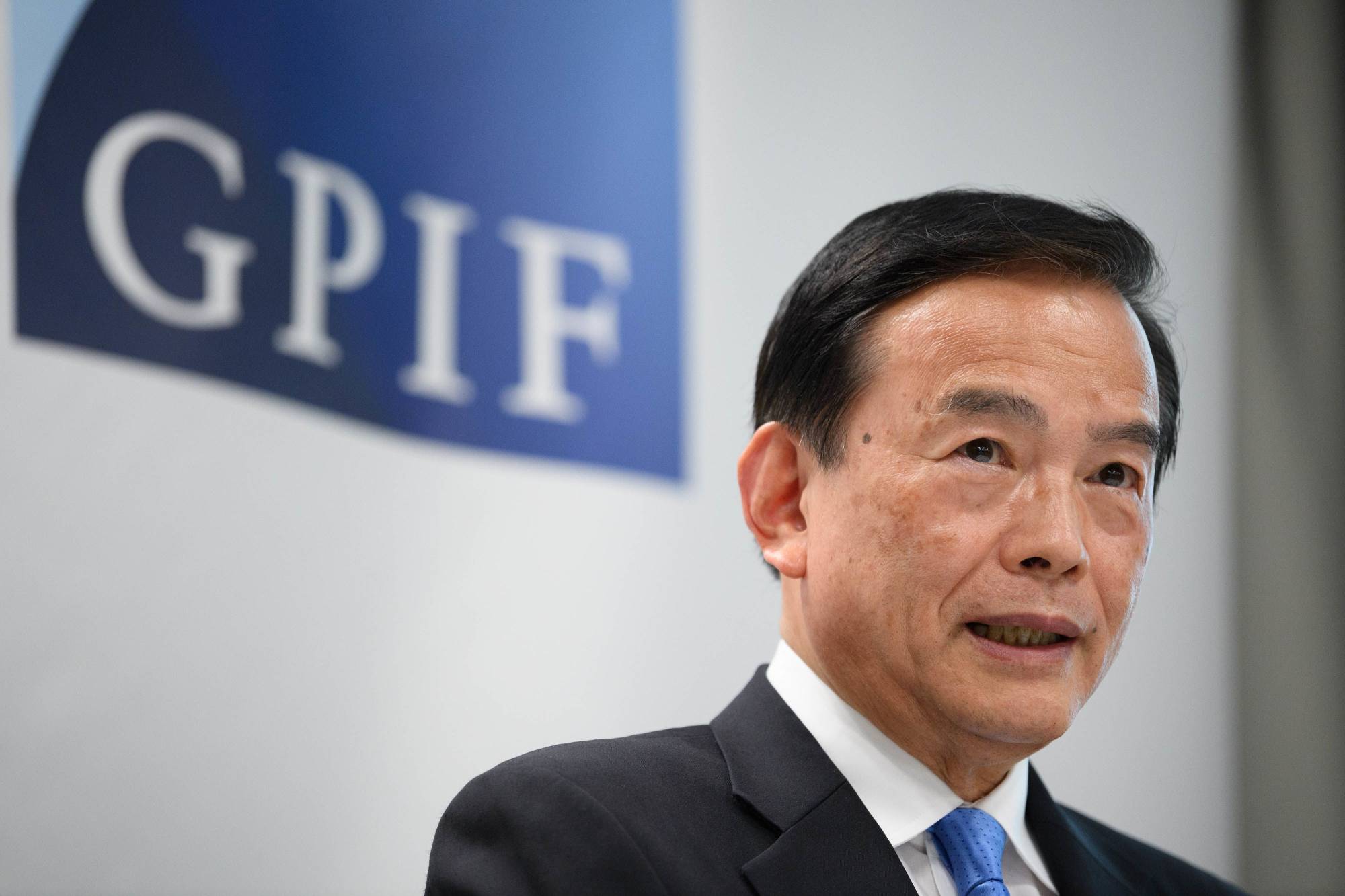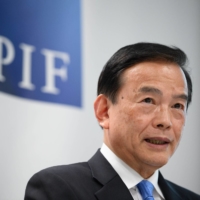Japan’s Government Pension Investment Fund said it’s been selling Russian assets since March following the invasion of Ukraine, marking down some values to almost zero in the process.
The world’s biggest pension fund has substantially reduced holdings of Russian bonds, which can still be traded over-the-counter. The fund has been largely stuck with the country’s stocks, as foreign investors face trading restrictions, Chief Investment Officer Eiji Ueda said in the GPIF annual report on Friday.
"Since Russia-related assets have been deleted from benchmarks in March, asset managing companies have been selling them on our behalf while taking into account the liquidity of the market,” Ueda said in the report.
Holdings of Russian government bonds dropped to 3.77 billion rubles in March, down 75% from 15.07 billion rubles a year earlier, the report said. The fund also held a small amount of eurobonds issued by the Russian government and entities, according to its disclosure.
GPIF was stuck with some equities, including 46.1 million shares of Sberbank, 46.8 million of Gazprom PJSC and 1.6 million of Lukoil PJSC, and has written off their value as almost zero. In March last year, the Japanese fund held about ¥91.2 billion ($673 million) worth of Russian stocks.
Still, the loss from Russian stocks represents only a small part of its global portfolio. Its biggest international equity holding at the end of March was in Apple Inc., with 99.3 million shares as of March 31, worth ¥2.1 trillion at that point, it said.
A large portion of GPIF’s asset -— more than 75% of foreign bonds and about 87% of foreign stocks — is passively managed.
On the whole, Japan’s pension fund returned 5.4%, or ¥10.1 trillion, in the year ended March 31, with assets totaling ¥196.6 trillion, it said.




















With your current subscription plan you can comment on stories. However, before writing your first comment, please create a display name in the Profile section of your subscriber account page.